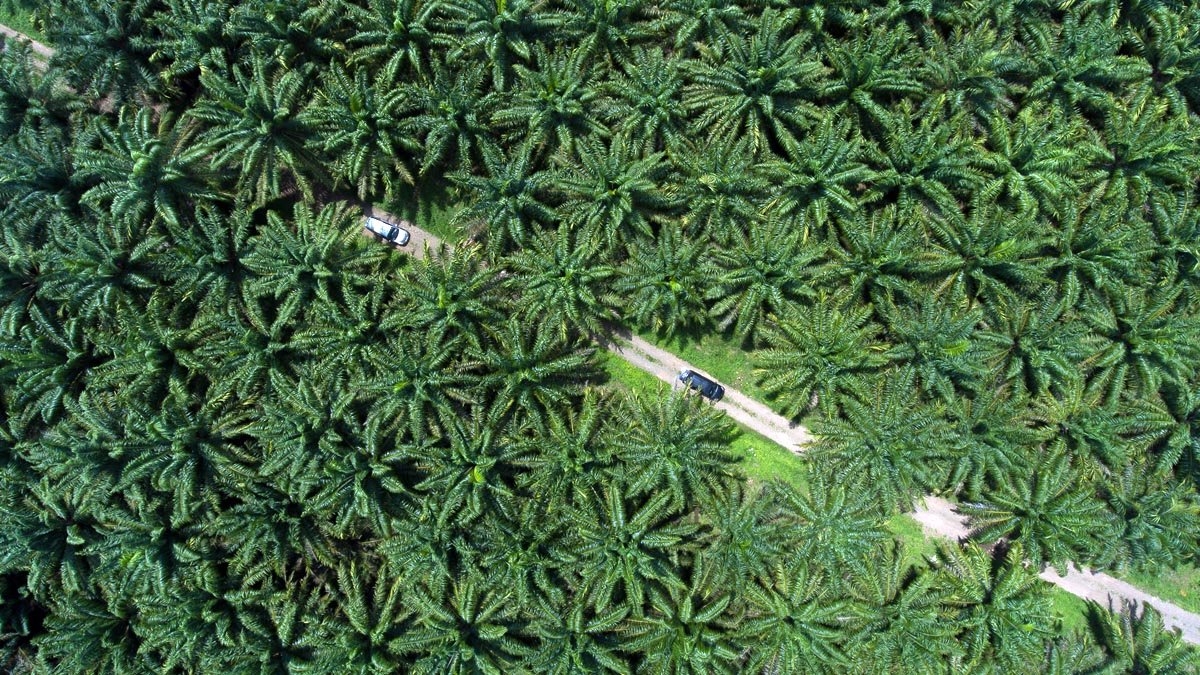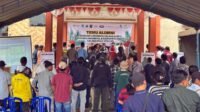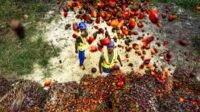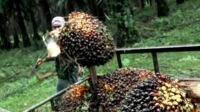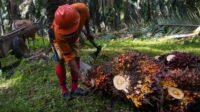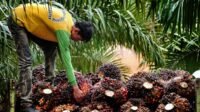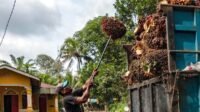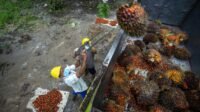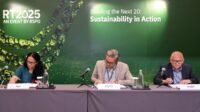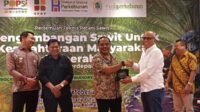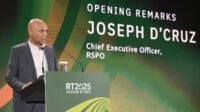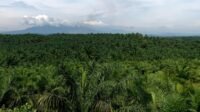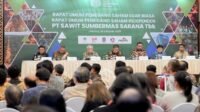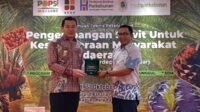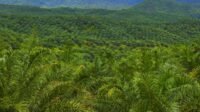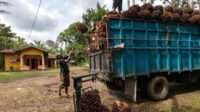PALMOILMAGAZINE, SAMARINDA – The Indonesian Forum for the Environment (WALHI) East Kalimantan has reported alleged land grabbing in Tri Pariq Makmur village, Long Hubung District, Mahakam Ulu Regency, by palm oil company PT Setia Agro Abadi (SAA). The company is accused of operating outside its licensed concession area (HGU).
WALHI welcomed the initial response of the Mahakam Ulu Regency Government (Mahulu) to villagers’ complaints but stressed the need for firm action to ensure community rights are upheld.
Based on WALHI’s spatial analysis, an overlay of PT SAA’s concession map with Tri Pariq Makmur’s territory shows about 6,101 hectares of concessions overlapping with village land, including plots already registered under residents’ land ownership certificates.
Also Read: Land Conflicts and Plasma Plot Trading: Emerging Challenges in Oil Palm Plantations
The issue is not limited to a single village. WALHI also found potential overlaps in five other villages—Long Hubung Ulu, Matalibaq, Memahak Teboq, and Wana Pariq—amounting to nearly 19,950 hectares in total. These findings suggest the company may be controlling land outside its HGU, potentially dispossessing local communities of their living space.
Despite tens of thousands of hectares of Mahulu’s land being converted into palm plantations, WALHI argues that local communities and regional revenues have gained little benefit. Instead, social, economic, and ecological losses have continued to mount.
“Villagers are losing their land, their living space is being destroyed, and agrarian conflicts keep recurring without fair resolution,” said WALHI East Kalimantan Executive Director, Fathur Roziqin Fen, in an official statement published by Palmoilmagazine.com on Thursday (Aug 28, 2025).
WALHI considers Mahulu’s response a positive precedent but insists it must be followed by concrete policies. The group urged the government to sanction companies violating the law, conduct a thorough audit of palm plantation permits, and put an end to the unchecked issuance of licenses that often sparks agrarian conflict.
According to WALHI, the Mahakam Ulu case reflects broader structural problems in Indonesia’s palm oil sector. The extractive development model, they argue, perpetuates inequality, land dispossession, and environmental degradation.
As a long-term solution, WALHI is pushing for a shift toward a regenerative “Nusantara Economy” model—anchored in community-based enterprises and harmonious relationships with nature—to deliver ecological justice for present and future generations. (P2)

